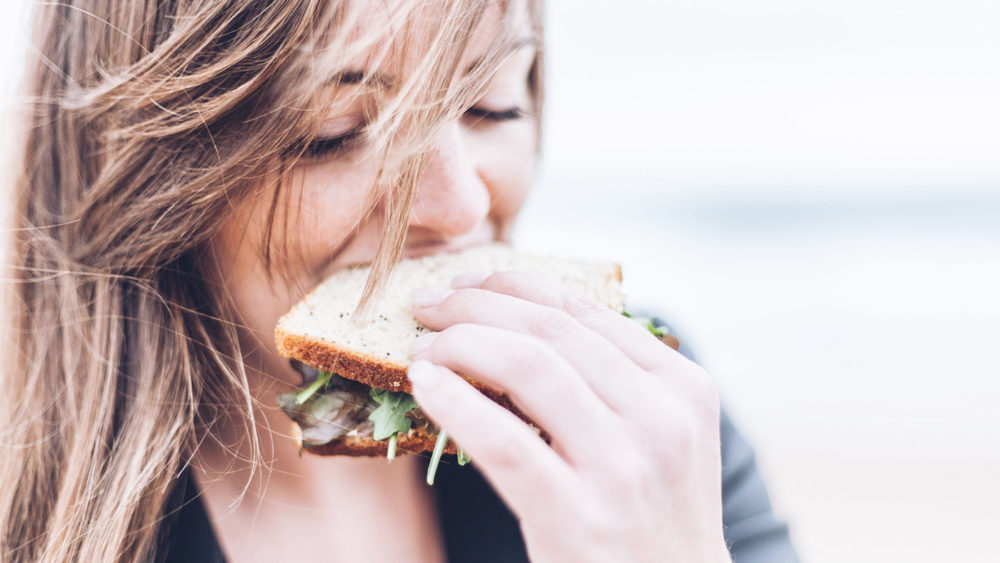Functional fortified foods are a US$247 billion business (Euromonitor 2018).
Quick and easy ways to ensure a healthier lifestyle are in high demand, and highly fortified nutritionals, functional snacks, and naturally nutrient-dense munchies.
65% of adults look for foods and beverages that had added vitamins/minerals last year. 63% percent tried to add more fibre, and 60% sought more protein (Hartman 2017)
Sports nutrition and protein powders are projected to reach sales of US$5.4 billion, up 6.6% in 2018 (NBJ 2018).Functional beverages were the fastest-growing specialty food item over the past two years (SFA 2017).
Beyond general nutritional support, 56% of adult consumers buy nutritional shakes for protein, 36% for weight loss, 23% for athletic performance, 21% for superfood ingredients, and 16% for a specific health condition. 48% buy nutrition bars for protein, 26% for weight loss, 20% for athletic performance, 19% for superfood ingredients, and 10% for a specific condition (Packaged Facts 2017b).
80% of Millennials and 67% of Gen Xers and Boomers believe that food impacts their energy and mental clarity (Brush 2017).Seventy percent of consumers want more foods and beverages to help with maintaining/improving brain health (FMI 2016). Brain health/cognition/alertness topped the list of the biggest new opportunities for targeted nutrition products in a 2017 survey of nutraceutical manufacturers, followed by gut health, anti-aging, weight management, diabetes, immunity, joint health, mood, and heart health (Polito 2017).
‘Clean label’ ranks second only to ‘Natural’ in the top 10 most high-demand beverage attributes for 2018, followed in descending order by healthy, organic, convenient, low sugar, energy boosting, low calorie, high protein, and probiotic/prebiotic (Jacobsen 2018).
Over 50% of adult consumers are trying to avoid antibiotics and/or hormones in their food and beverages purchasing (Hartman 2017).



Comments are closed.